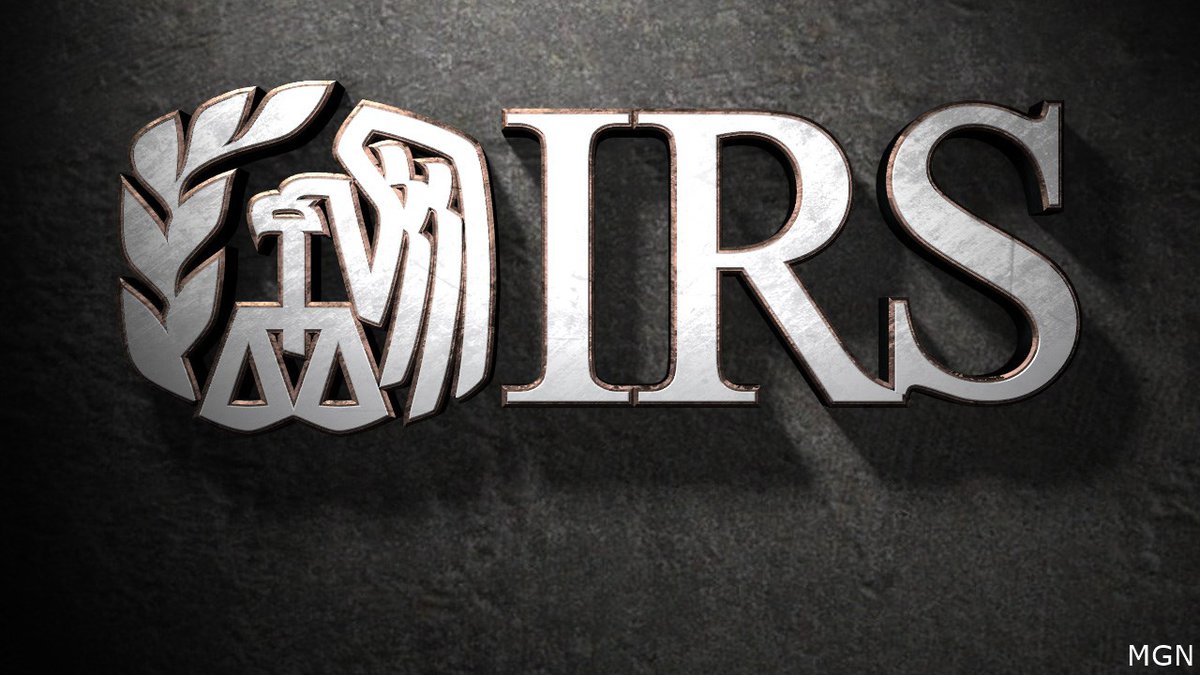
The IRS is cracking down on a popular small business tax break that could lead to a costly audit
The IRS is tightening its scrutiny of a widely-used tax break for small businesses, and it could potentially result in costly audits. The Employee Retention Credit (ERC), designed to assist businesses impacted by the pandemic, has given rise to a cottage industry of specialized firms helping business owners claim it. However, caution is essential to avoid potential pitfalls.
Eligibility for the ERC is stringent, and many business owners may not fully grasp the criteria. Failure to understand these requirements can lead to missed opportunities for credits of up to $26,000 per employee or being misled by unscrupulous providers who charge substantial fees for improper claims, inviting future repercussions.
The ease of claiming the credit and the aggressive marketing tactics used make the problem widespread. The IRS had previously warnedagainst third parties promoting erroneous ERC claims and even added fraudulent ERC claims to itsDirty Dozen” list of tax scams.
To navigate this complex landscape and avoid potential audits, business owners must start by understanding the basic ERC claim requirements. Eligible taxpayers can claim the ERC for qualified wages paid between March 13, 2020, and December 31, 2021. Eligibility criteria include experiencing a government-ordered shutdown, a decline in gross receipts, or being a "recovery startup business." Consulting with a CPA familiar with ERC rules is advisable, even if a third party claims automatic qualification. The complex eligibility factors and definitions make professional guidance invaluable. Signing agreements with third parties should only occur after consulting a trusted financial professional.
Recognizing ERC red flags is crucial to avoid audits. Beware of firms using pressure tactics, charging hefty upfront fees, or contingent fees based on refund amounts. Additionally, any third party not requesting documentation to verify eligibility should raise suspicions.
If a business qualifies, the next step is to fileForm 941-X, an amended quarterly payroll tax return, for the relevant quarters. The filing deadline for 2020 is April 15, 2024, and for 2021, it's April 15, 2025. It's crucial to amend tax returns to account for the additional income generated by the credit.
It's important to note that CPAs cannot charge contingency fees for preparing original or amended returns, a necessary step for claiming the ERC. Understanding these nuances can help businesses navigate the ERC landscape and avoid potential pitfalls.





